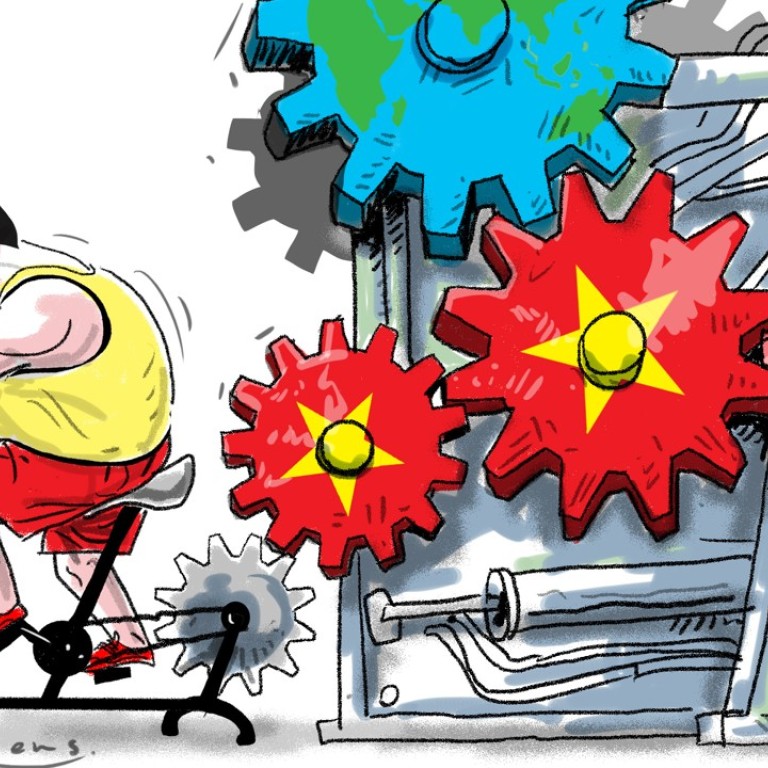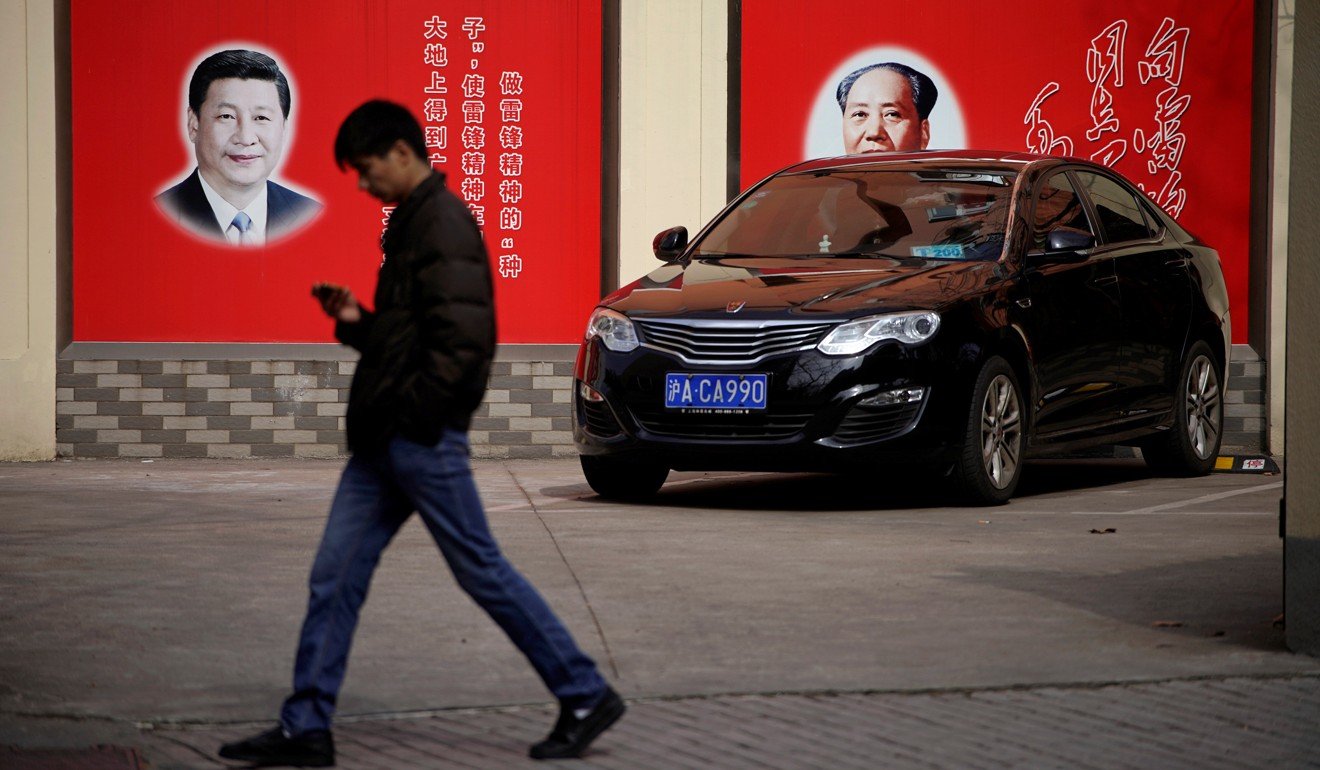
Xi Jinping as president beyond 2023 may be good for China – though the West won’t believe it
Tom Plate says China’s move to scrap the presidential term limit cannot be seen purely in black and white terms. Strongman leadership is not reviled in Asia the way it is in the West, and an argument could be made to challenge America’s own belief in presidential term limits
Change to Chinese presidency term limits could signal overhaul of role
Maybe. What we know for sure about this move is that, one, Xi wanted the term limits axed and, two, no one who might not have wanted it was strong enough to stand up against him.
First he swept up corrupt officials. Now Xi is tightening party control
What we don’t know, though, is a much longer list, and this includes whether in fact this will prove such a terrible idea, or even whether by 2023, when the end of his second term would have ticked to an end, Xi will still have enough steel in his stomach to soldier on, not to mention the Olympian will deemed to keep enemies at bay, his age notwithstanding.
So the more positive question that might be asked in the West is whether continuity of leadership by personality will hold China back, as Mao Zedong’s long run did, and at the same time threaten the West and its friends in Asia? Or will there be value for China and the world to keeping one man at the top?

Lee Kuan Yew proved the virtues of a strong government
What’s more, America’s belief in the redemptive value of term limits merits further examination. In some political jurisdictions, it has helped bring in new blood; but, in others, it has replaced seasoned leaders with fresh nonsensical amateurs, to the detriment of good governance.
Indeed, in the 20th century, most assessments of presidential performance would place Franklin D. Roosevelt, our 32nd president, at the top of the list. He was elected not just to three terms but four. In 1951, the 22nd amendment to the US Constitution was ratified, which seemed like a good idea at the time; and perhaps even more so now. But there were moments in-between when America had its doubts about the constitutional dogmatism of having to force someone out of office who was doing the job well.
China’s Xi Jinping is playing the dream role America’s Donald Trump can only aspire to
Xi may stay well beyond 2023 or leave exactly then. Now the choice is his to make. He will be judged not by how long he stays but by how well China does while he is at the top.
Xi will be judged not by how long he stays but by how well China does while he is at the top
Why is it that the West will always respond to any political event in China with all the enthusiasm of a funeral director? Has China achieved nothing in past decades that merits approval?
Who really knows how this will turn out? Conceivably, Xi could prove the very model of an anti-Mao and China’s development will proceed apace with improving government.
Columnist Tom Plate, author of Yo-Yo Diplomacy and the Giants of Asia series, is Loyola Marymount University’s Distinguished Scholar of Asian and Pacific Affairs, and vice-president at Pacific Century Institute

